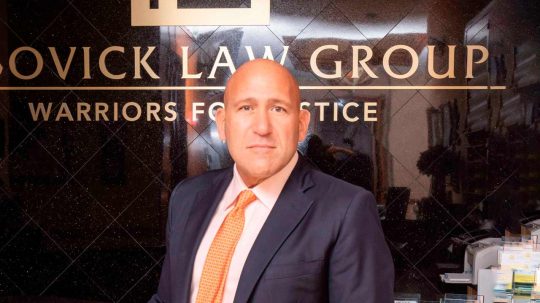Tampa Nursing Home Abuse Attorney
If you suspect that a loved one is experiencing nursing home abuse, don’t wait to take action. Labovick Law Group is here to help you pursue justice and hold accountable those responsible for the abuse. Our experienced attorneys are dedicated to advocating for the rights of victims and their families, and we believe that everyone deserves to be treated with dignity and respect.
Call or click LaBovick to learn how we can help!
4.8/ in +600 Google Reviews
Free Case Evaluation
all fields required *
















